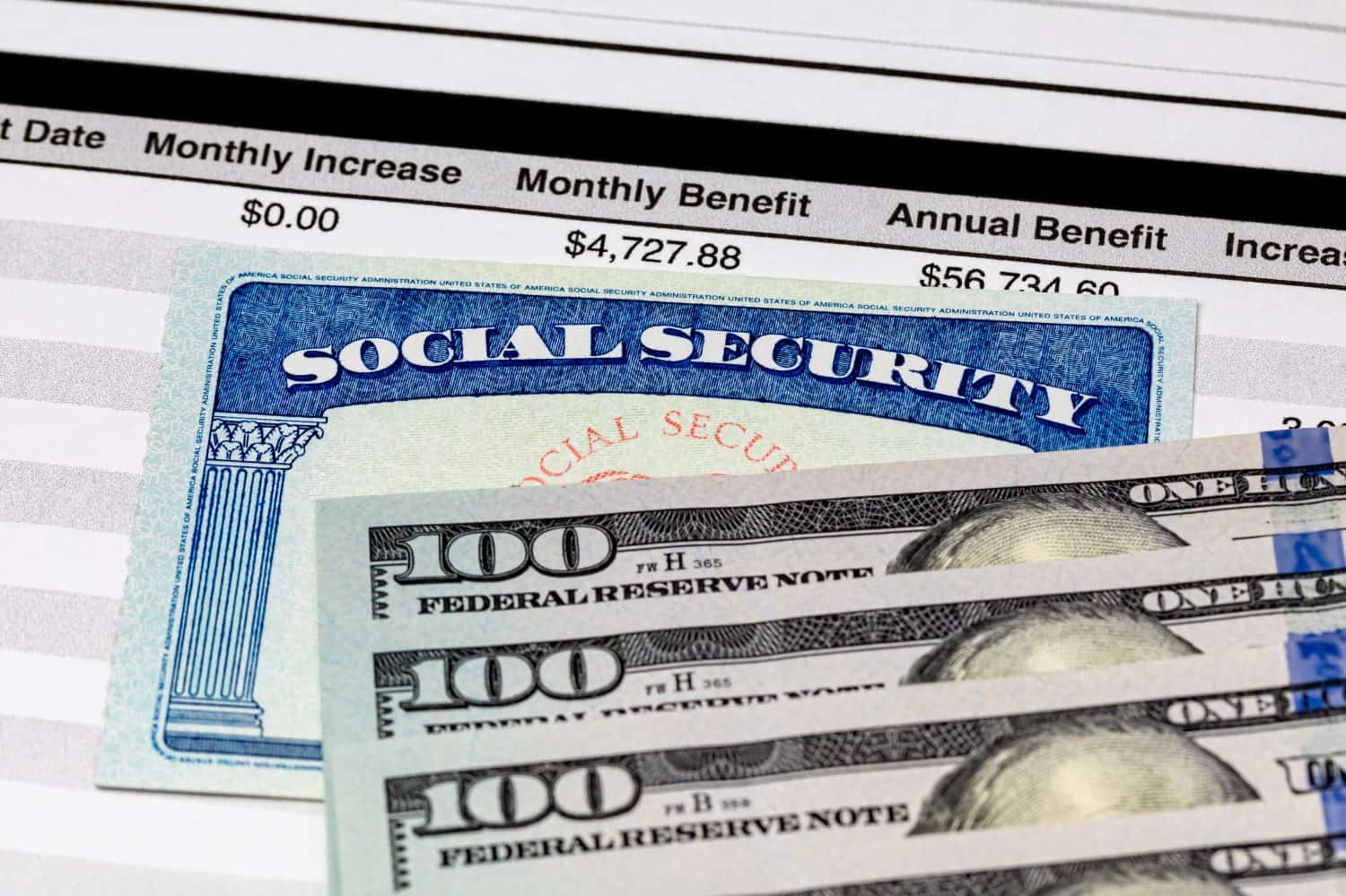Personal Finance
3 Situations Where Taking Social Security Early Makes Sense

Published:

As you get closer to retirement, one of the hardest decisions you might have to make is signing up for Social Security.
You’re allowed to take benefits as early as age 62. But there’s a problem with that — and a potentially big one.
Filing for Social Security early typically means reducing your monthly benefits on a permanent basis.
It can make sense to file early when your health is poor or you’re unable to find work.
An early filing could also work out when money isn’t an issue.
4 million Americans are set to retire this year. If you want to join them, click here now to see if you’re behind, or ahead. It only takes a minute. (Sponsor)
If you don’t wait until full retirement age (FRA) to claim Social Security, your monthly benefits will be permanently reduced. And since FRA is 67 for people born in 1960 or later, there’s a lot of opportunity to sign up for Social Security before that point arrives.
You might assume that claiming Social Security early is a bad idea because it results in reduced benefits. And for some people, it is a poor choice. But here are three situations where it makes sense to sign up for Social Security before reaching FRA.
Some people plan to work until their late 60s or even into their 70s only to have those plans upended by circumstances outside of their control. If your company downsizes and you lose your job in your early 60s, you might struggle to find another one.
It’s absolutely illegal to refuse to hire someone on the basis of them being older. But it’s also very hard to prove that your older age is the reason companies aren’t hiring you.
The risk of claiming Social Security early isn’t just ending up with less money on a monthly basis. You could also end up with less money on a lifetime basis if you end up living well into your 80s or 90s.
But if you have poor health in the years leading up to FRA, then you may want to claim Social Security early. Poor health makes it more likely that you won’t have the longest retirement. And in that case, an early filing could result in you getting more money from Social Security on a lifetime basis despite your benefits being reduced on a monthly basis.
The danger of an early Social Security claim is a permanent reduction in benefits. That could easily be a problem for someone with limited savings.
But if you’re sitting on a few million dollars in retirement savings, then chances are, the money you get from Social Security is money you’re going to spend on extras — things like trips to various parts of the world or hobbies to fill your days with. And if that’s the case, filing for benefits early won’t compromise your financial stability on a whole.
If anything, an early filing might give you access to money you can enjoy more when you’re younger.
Of course, the decision to claim Social Security is an important one, so you may want to consult a qualified financial advisor for guidance. An advisor can help you sort through the pros and cons of taking benefits at different ages. Overall, you should know going into things that signing up for Social Security early isn’t automatically a bad idea.
Retirement planning doesn’t have to feel overwhelming. The key is finding expert guidance—and SmartAsset’s simple quiz makes it easier than ever for you to connect with a vetted financial advisor.
Here’s how it works:
Why wait? Start building the retirement you’ve always dreamed of. Click here to get started today!
Thank you for reading! Have some feedback for us?
Contact the 24/7 Wall St. editorial team.